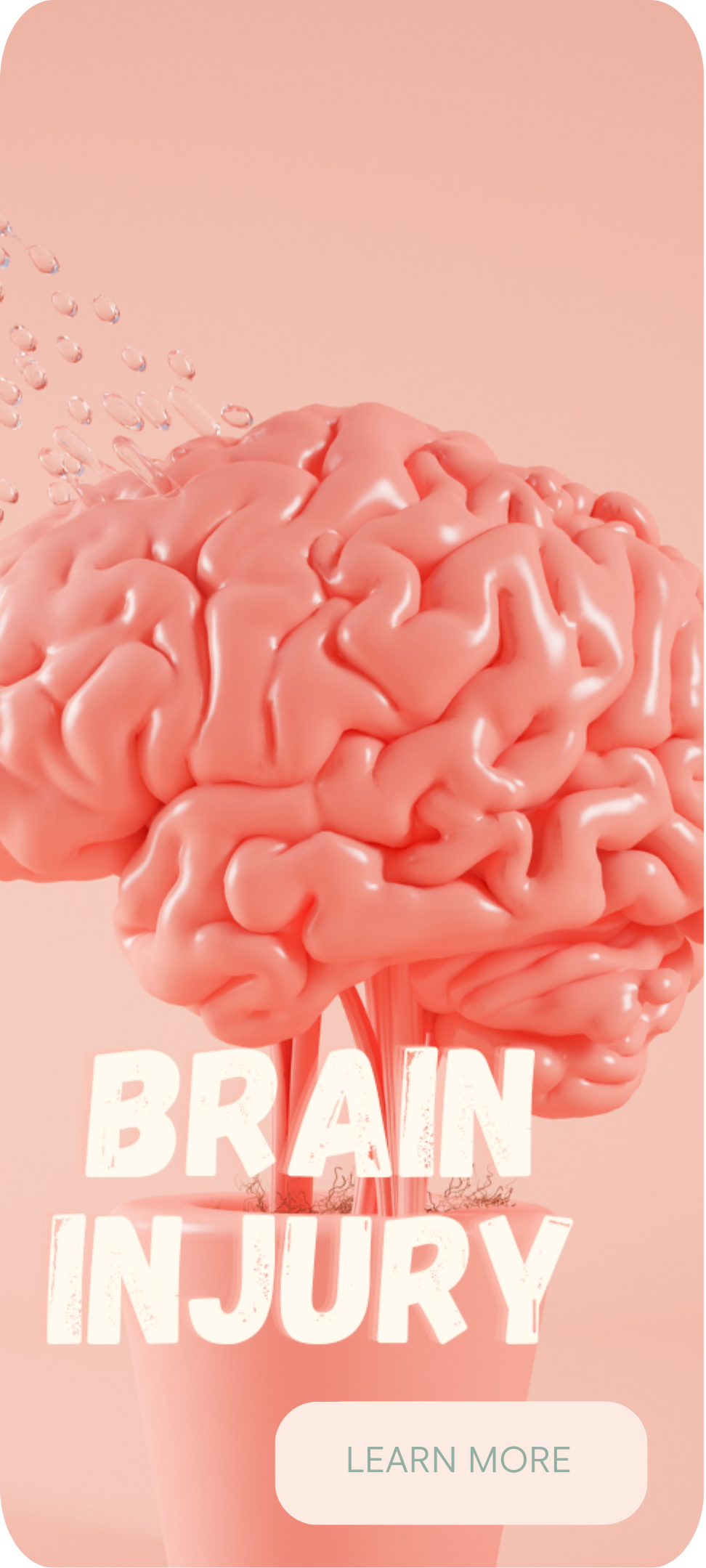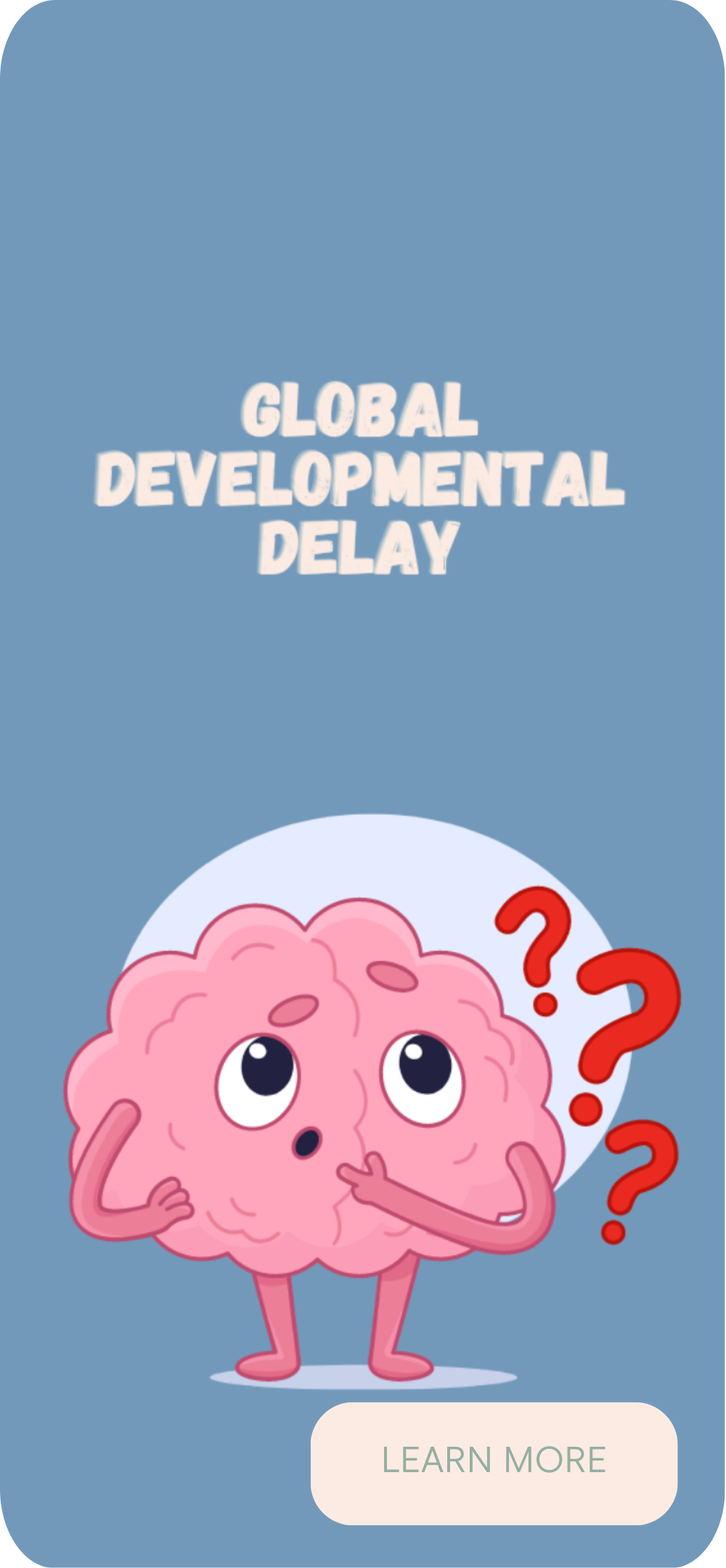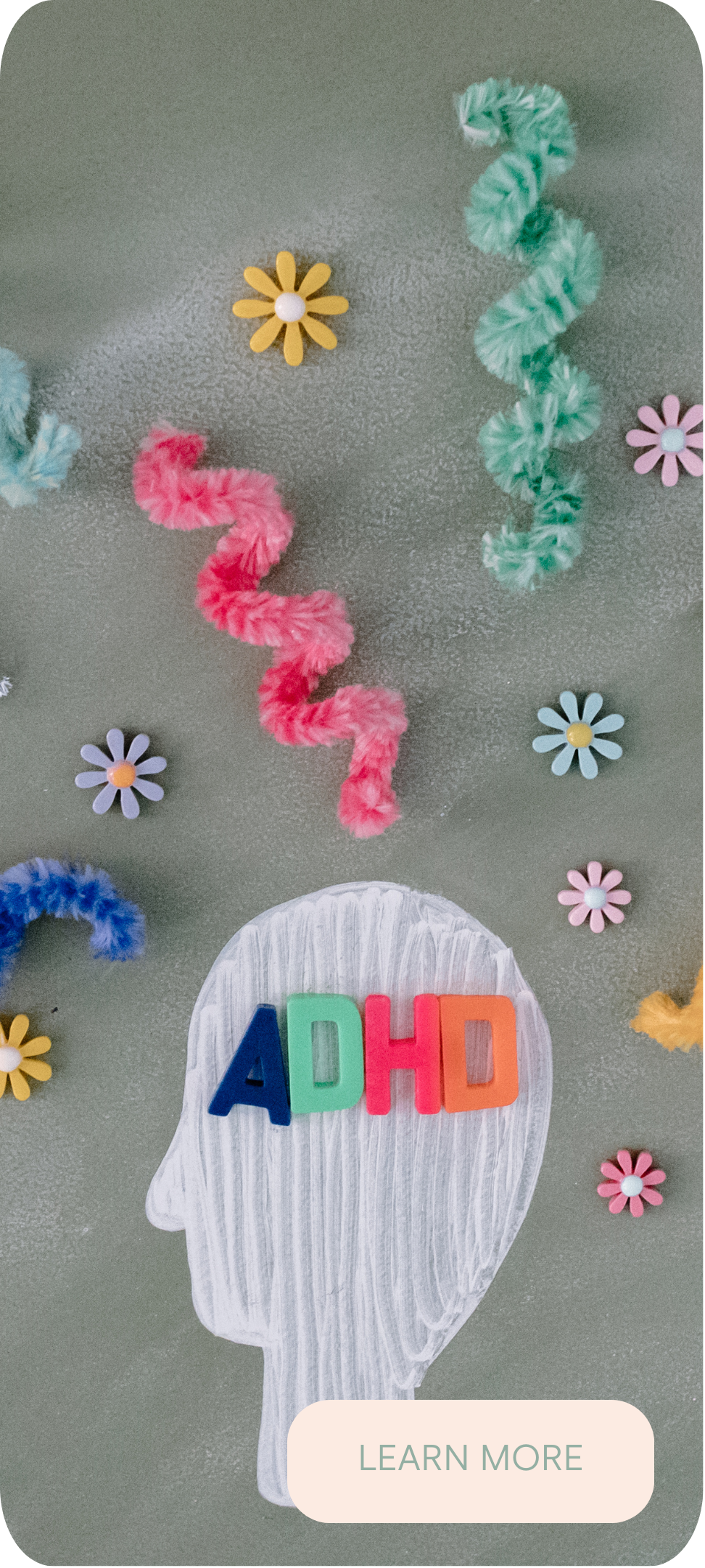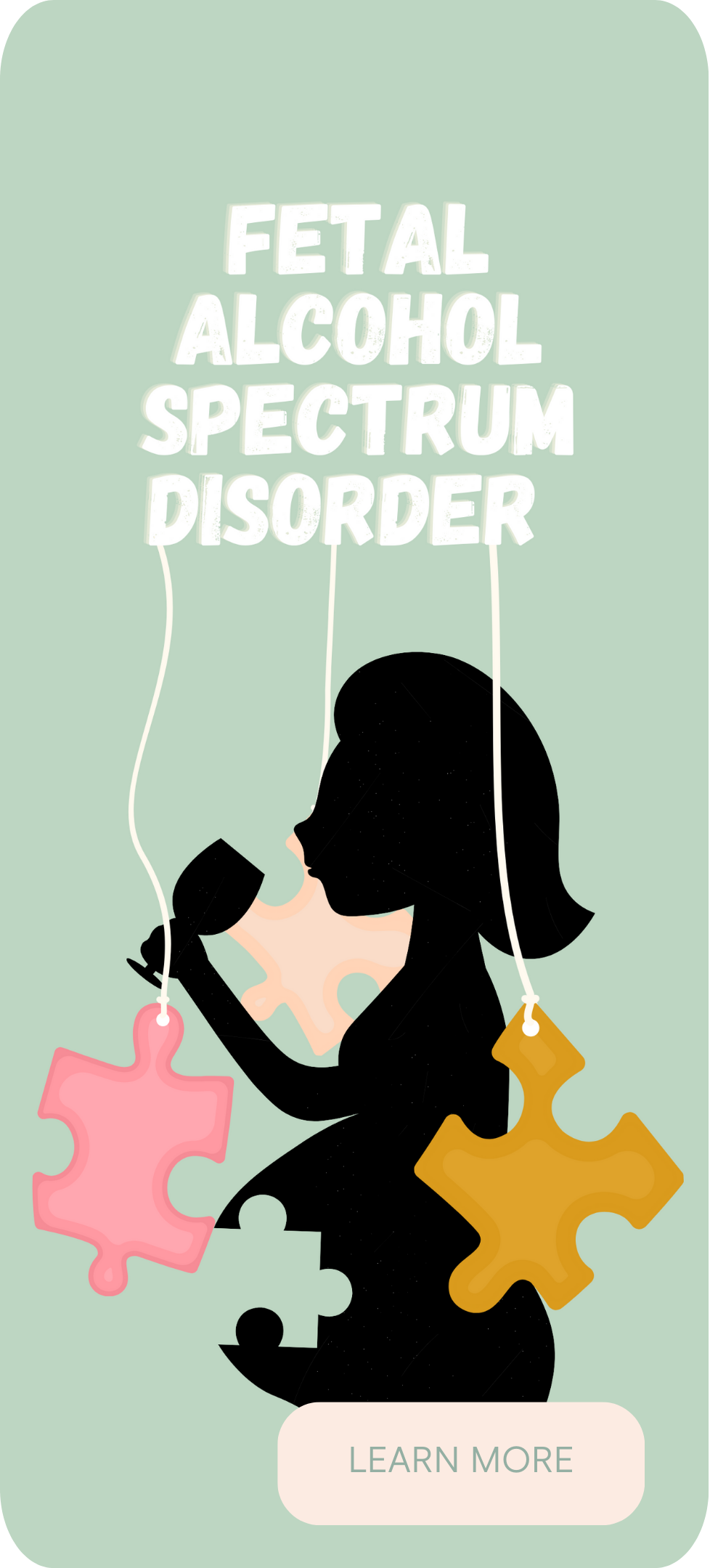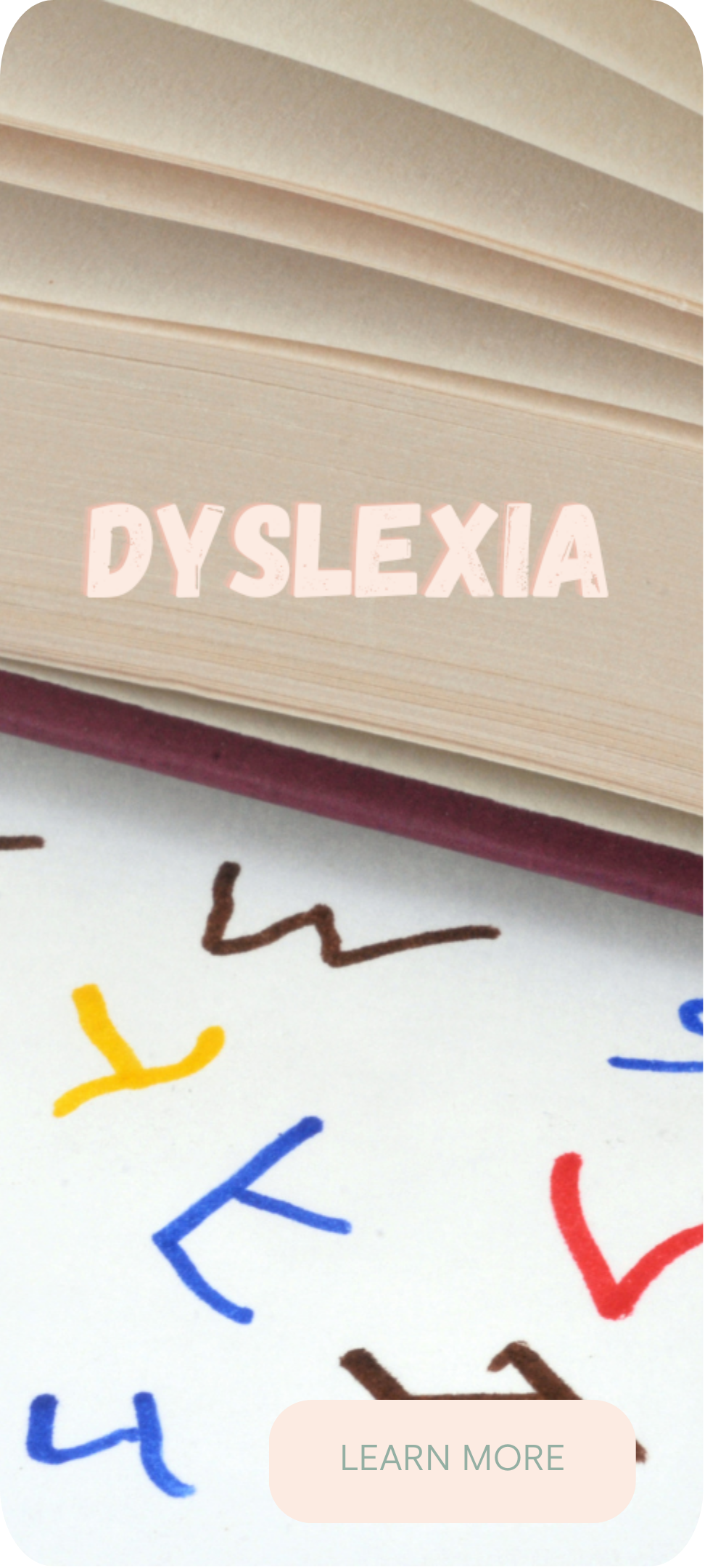Child & Adolescent
Seeing your child struggle with behaviour, paying attention, or remembering things at home or school can be tough. They might find it hard to focus, seem different than usual, or have trouble in class.
Spotting these issues is key to understanding and dealing with what’s behind your child’s challenges.
By learning about what’s impacting their behaviour, attention, and learning, you can team up with teachers and specialists to support your child’s success and happiness.
Child Neuropsychological Assessment Explained
Our evaluation looks at how your child is doing in areas like:
|
|
|
|
|
|
|
|
|
|
When we assess your child, we can work out if your child has learning or behaviour issues that might be affecting their schoolwork, emotions, or making friends.
We use the results to help your child get the right support at school, help others understand how your child learns and how to best support them when they are struggling, and apply for funding like the NDIS.
Plus, you’ll learn more about what your child is good at and where they need extra help.
When to Consider an Assessment for Your Child
Struggling at School
Having a hard time with schoolwork or homework, even with extra help or tutoring.
Behaviour Changes
Sudden shifts in behaviour, trouble in class, getting upset easily, or pulling away from others. Tantrums that are not age-appropriate.
Staying Focused
Regularly finding it hard to pay attention, finish tasks, or stay on track.
Social Challenges
Trouble understanding social cues or making and keeping friends.
Emotional Ups and Downs
Finding it hard to handle emotions, with frequent outbursts or feelings of sadness, worry, or anger.
Medical Conditions
Conditions like Traumatic Brain Injury (TBI), Cerebral Palsy, Down Syndrome, genetic disorders, and infections might require a neuropsychological assessment.
It’s not unusual for a child to fit into more than one category, like having both autism and ADHD or Intellectual Developmental Disorder and FASD.
That’s why our thorough assessments cover a range of disorders and symptoms to help with accurate diagnosis.
How to Prepare a Child for Their Assessment
Completing a psychological assessment might be a new and daunting experience and it might come with lots of questions. Our clinicians have extensive knowledge, training, and experience conducting assessments.
When you come to Psychological Assessments, rest assured that you will be guided through the process with compassion and professionalism.
We are here to answer your questions, address any concerns, and ensure that your assessment experience is as comfortable and informative as possible.
Here are some tips to feel more prepared for the day:
Understand the purpose of the assessment
Become familiar with why your child is getting the assessment done. If you have any questions or concerns, do not be afraid to ask. Our clinicians are happy to answer any questions.
Talk to your child ahead of time
- Explain to children ahead of time that they will be doing some activities to work out where they might need some help, what they are good at, and how their parents, caregivers, and teachers can help them best. This can help children feel less anxious and more prepared for the assessment.
- Avoid using the word ‘test’ as this may make your child anxious. Similarly, avoid using the word ‘game’ as this might make it less serious. The best way to describe what they will be doing is ‘activities’ and ‘answering some questions.’
Bring necessary items
- Most times you will not be required to bring anything, however if there are specific items your child requires such as hearing aids or glasses, bring these along to ensure the best assessment experience for them.
- You might like to pack a drink bottle and snack.
- Make sure they are wearing comfortable clothing.
- Fidget toys and other sensory items can be brought to the assessment.
Bring necessary documents
If you have been asked to, please bring along documents, records, or information relating to the assessment.
Maintain your normal routine for the day
- There is no need to change you or your child’s routine.
- Keeping a normal routine and structure will help your child feel less anxious and more prepared.
Get a good sleep the night before
Ensure your child gets a good night’s sleep the night before their assessment. This will help them have the most energy, concentration, and focus.
Arrive on time
Make sure you leave enough time to get to the clinic (unless it is a home visit). Arriving early will help prevent you and your child from rushing and feeling stressed, allowing your child to perform better.
Learning preparation is not needed
Your child does not need to practice or learn anything for a psychological assessment. We use a range of different assessments, and we want your child to just be themself. This enables us to get the most accurate information about their strengths, vulnerabilities, and the challenges they face.
Let them know mistakes are okay
Psychological assessments are not school tests, exams, or assignments. Some activities will be easy, and some will be hard (for everyone!). Support your child by letting them know that mistakes are okay.
Medication
- Make sure you check ahead of time that any medication your child normally takes is fine to take on the day of assessment.
- If your child has not been told to stop taking a medication, make sure they take it as per normal on the morning of the assessment.
Bonus Tip
Having something fun planned for after the assessment can give children something to look forward to and take their focus of the assessment process itself.


